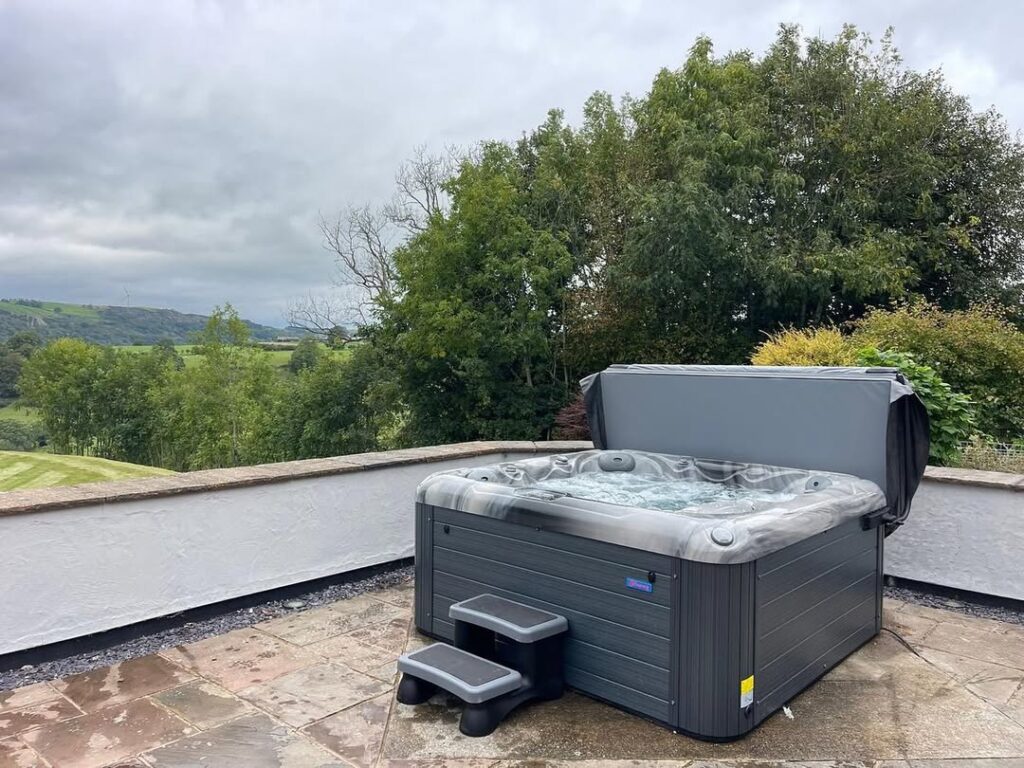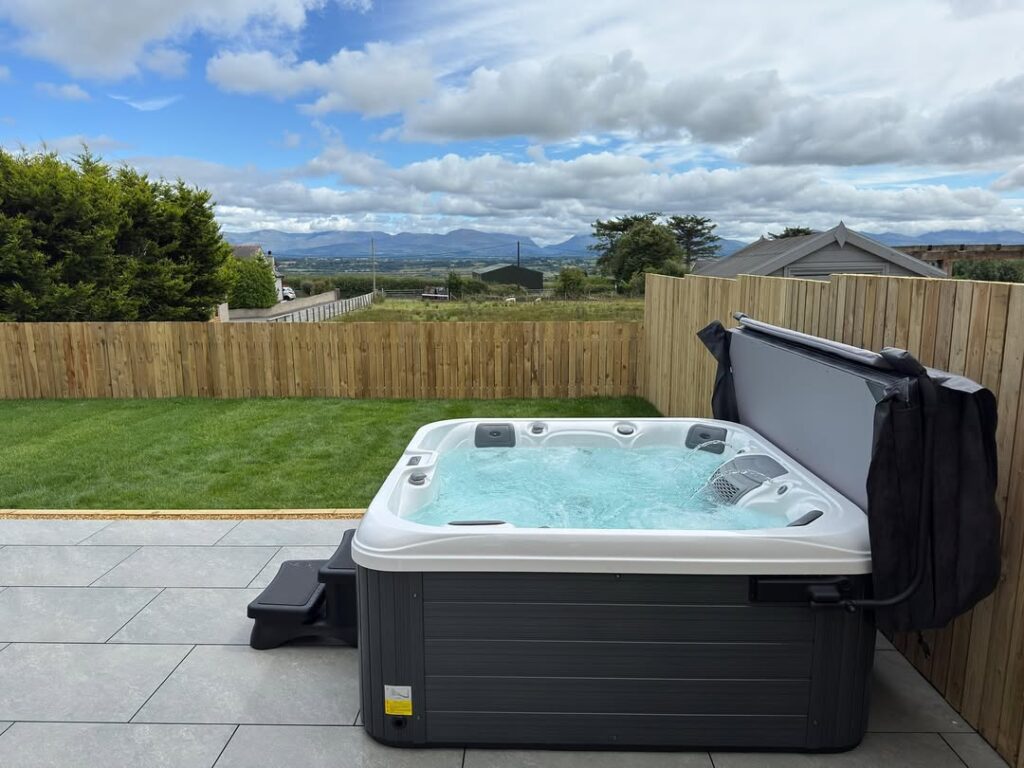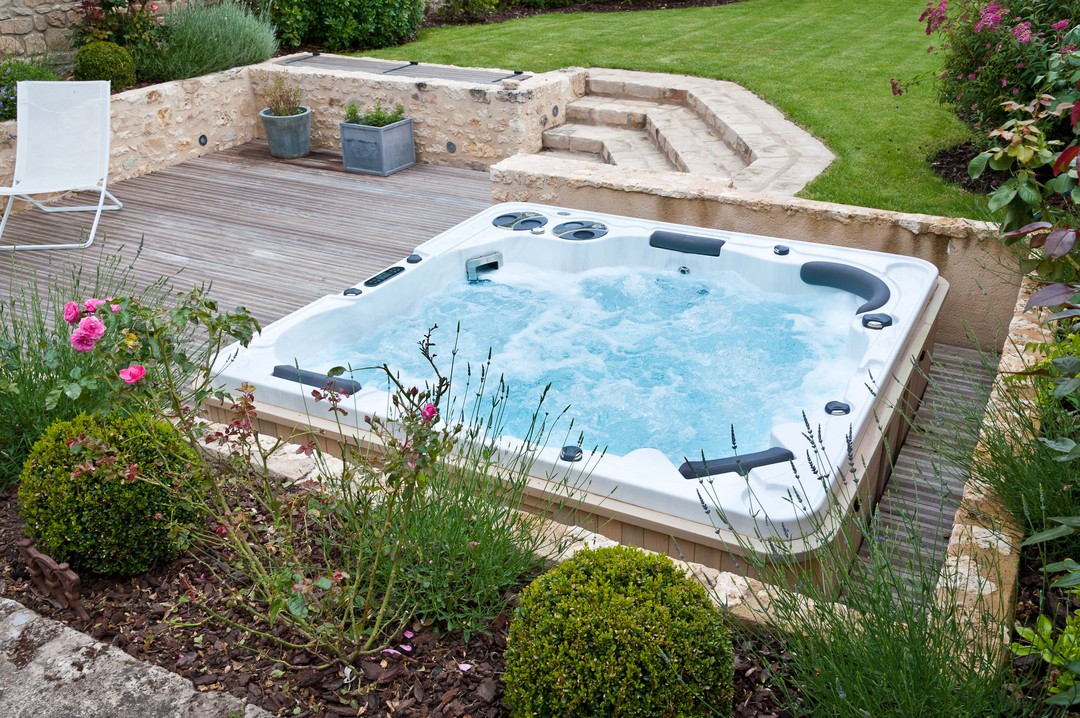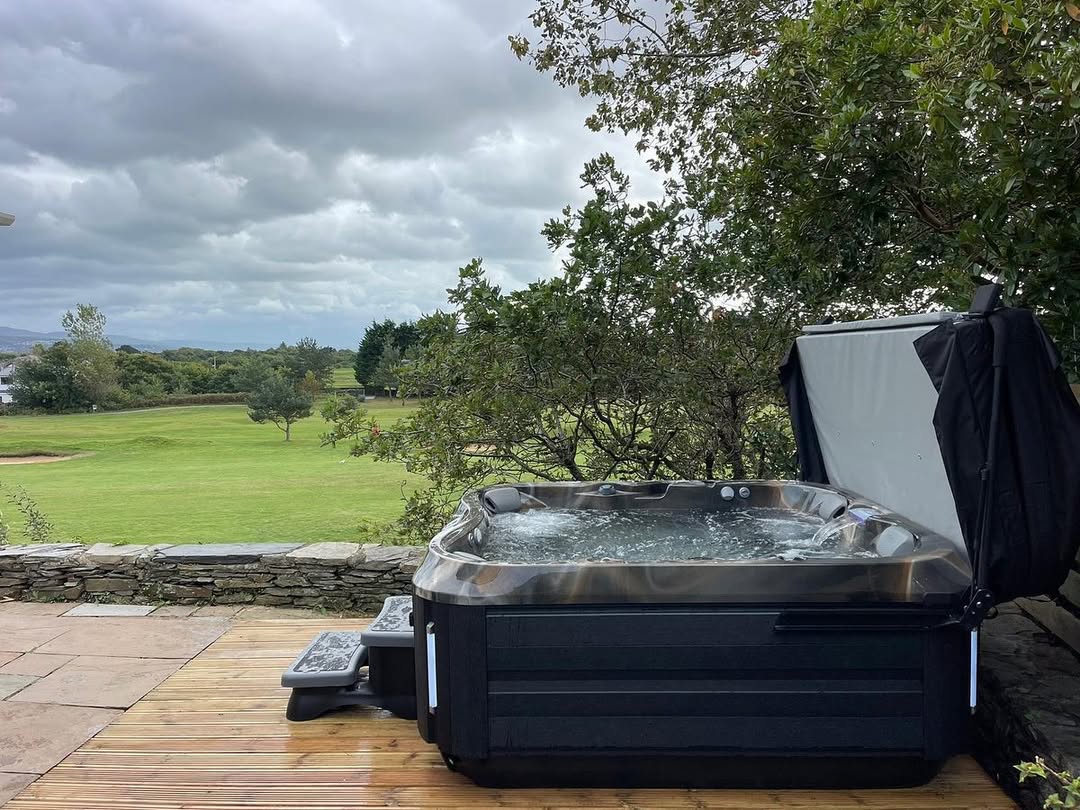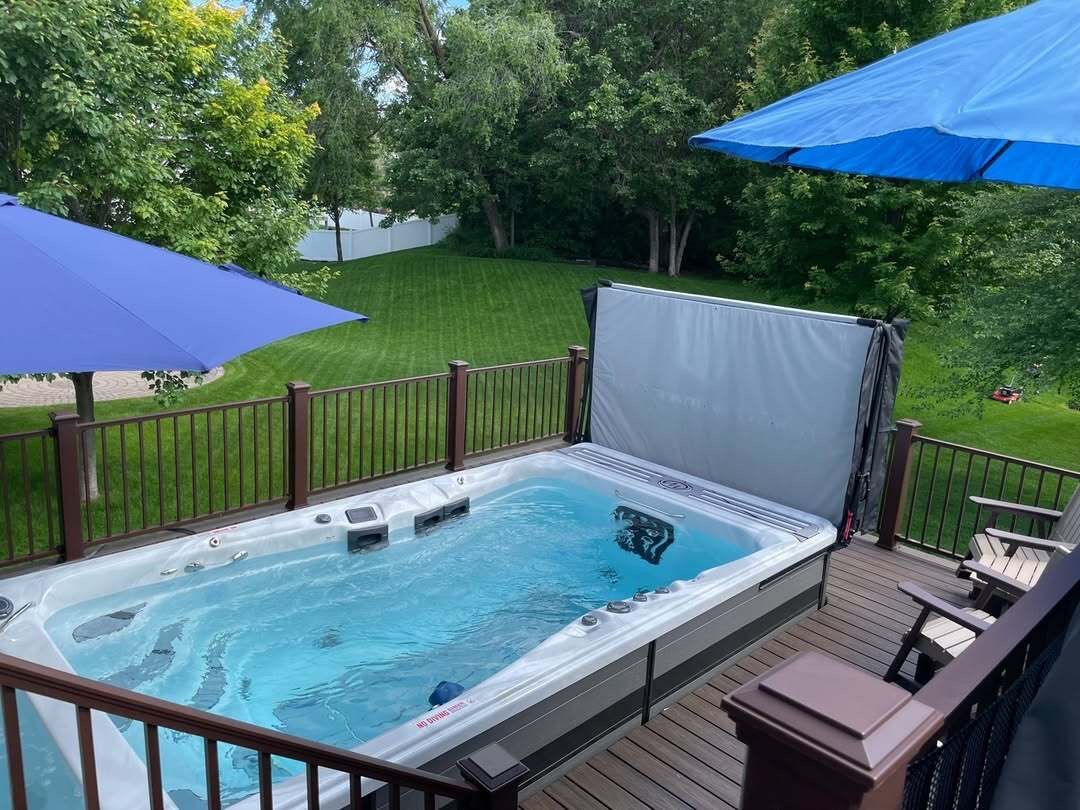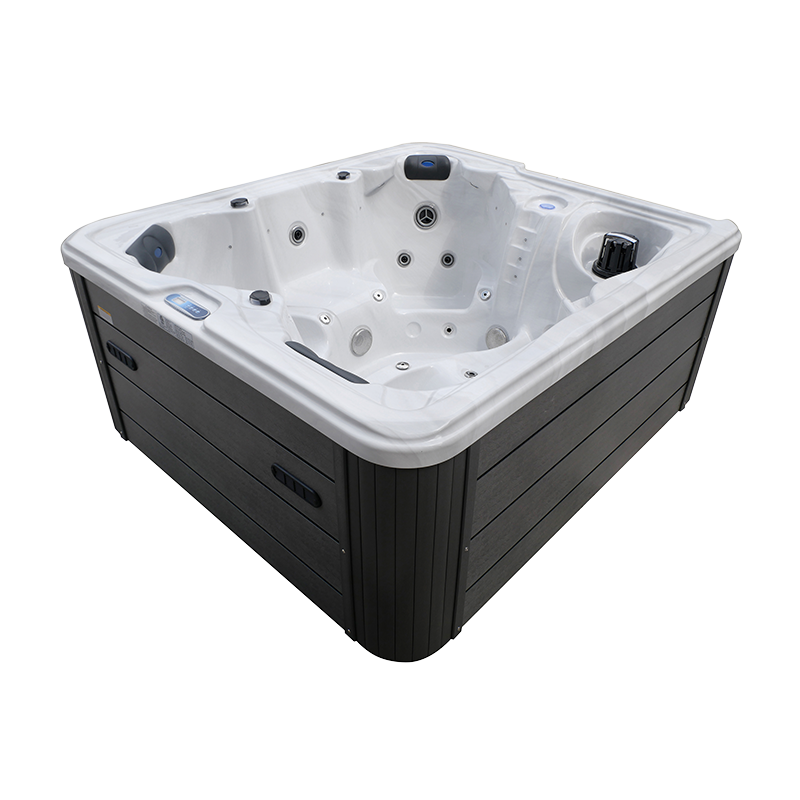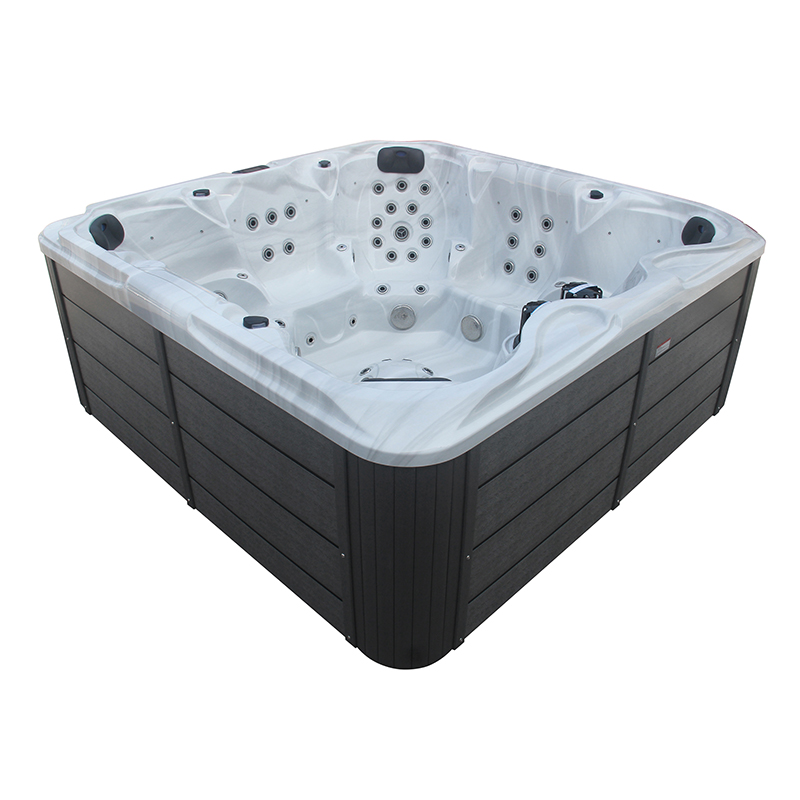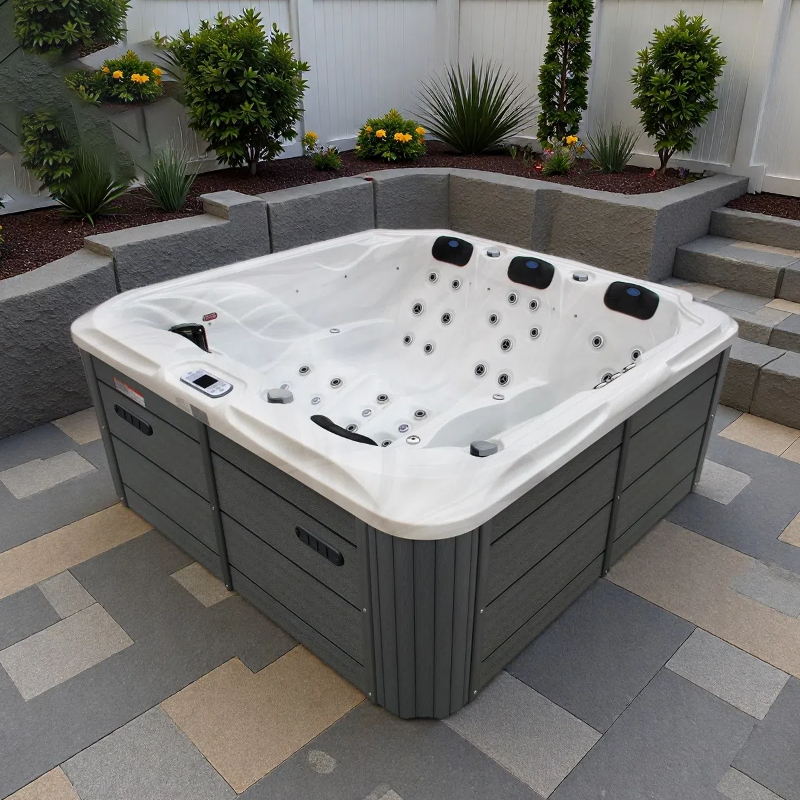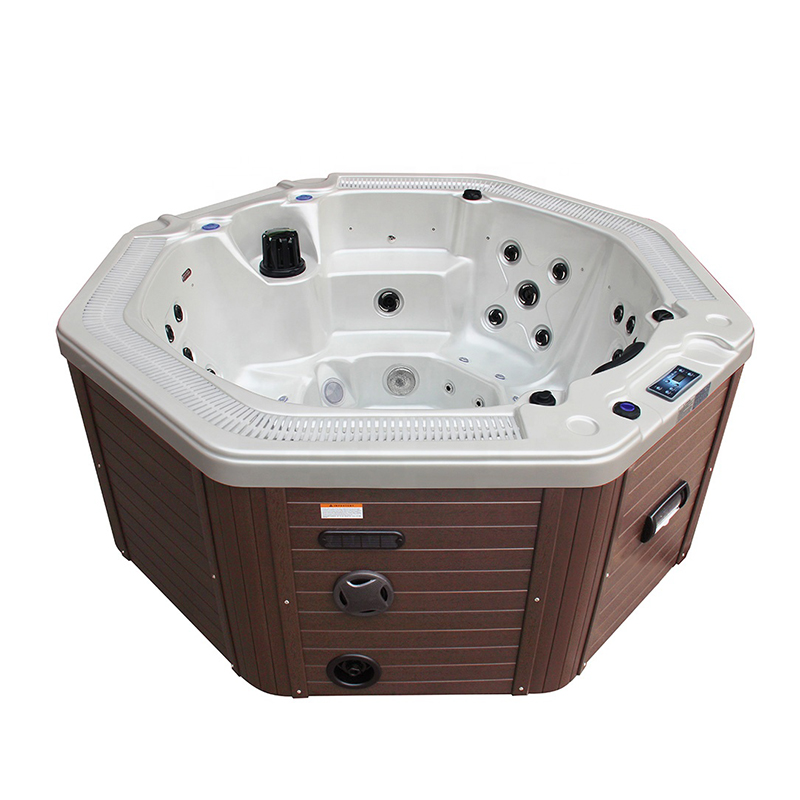Pregnancy is a time of immense change and care, and while certain everyday activities are usually harmless, some of them become off-limits. For example, foods like feta cheese and deli meats are often avoided for their potential risks during pregnancy. But what about more relaxing activities like using a hot tub? Is it safe for pregnant women to indulge in a soothing soak, or does it pose significant health risks? In this article, we’ll explore the safety of hot tubs during pregnancy, alternatives for self-care, and answer common questions that expecting mothers often have regarding relaxation options.
The Safety Concerns of Hot Tubs During Pregnancy
When you’re pregnant, your body goes through many adjustments, and some activities that are typically safe for non-pregnant individuals become more risky. Hot tubs, for example, present several concerns that can be harmful to both the mother and the developing fetus.
1. The Effect of Elevated Body Temperature
Hot tubs heat the water to a high temperature, which raises your body temperature as well. This can cause your core body temperature to rise, which, according to obstetricians, is not safe during pregnancy. The first trimester is especially critical because this is when vital organs, including the brain and spinal cord, are developing. Excessive heat can impair this developmental process, potentially leading to severe complications such as neural tube defects like spina bifida or anencephaly.
Even beyond the first trimester, a high body temperature can still be dangerous. By the second and third trimesters, although the organs are more fully developed, the risks of overheating and other complications persist.
2. The Impact on Blood Pressure and Circulation
Pregnant women have an increased blood volume, which can make their bodies more sensitive to the changes in circulation caused by hot tubs. The hot water in the tub causes blood vessels to dilate, which can lower blood pressure. For many, this can lead to dizziness, lightheadedness, or even fainting. These symptoms can be more pronounced when standing up from the hot tub, increasing the risk of falls.
Falls during pregnancy can be particularly dangerous. In the second and third trimesters, a fall could cause harm to the baby, trigger premature contractions, or result in amniotic fluid loss. It’s always essential to be cautious and avoid situations that might lead to a fall when pregnant.
3. Germs and Contamination Risks
Hot tubs can also harbor germs and bacteria, especially if they are not properly cleaned and maintained. For pregnant women, whose immune systems are slightly weaker during this time, the risk of contracting an illness is higher. Some bacteria, viruses, and parasites found in improperly maintained hot tubs can be transmitted through the water and potentially cross the placenta, harming the developing fetus.
4. Skin Sensitivity
During pregnancy, women often experience heightened sensitivity to smells and chemicals. The chlorine or other chemicals in hot tubs can irritate the skin or even cause nausea and headaches in some individuals. If you begin to feel uncomfortable or develop a headache, it’s best to leave the hot tub and get some fresh air.
Alternatives to Hot Tubs During Pregnancy
While hot tubs are not recommended during pregnancy, there are several alternatives for relaxation and self-care that are both safe and beneficial.
1. Soaking Your Feet
One alternative is to soak your feet and calves in warm water. This can be especially soothing if you’re experiencing swollen feet or leg cramps. While you should avoid hot water that could raise your body temperature, warm water is a safe option for relaxation. Soaking your lower legs doesn’t elevate your core temperature, making it safe to do during pregnancy.
However, remember that any open cuts or sores on your legs or feet could increase the risk of infection, so make sure you’re in a well-maintained hot tub or pool if you choose this option. It’s also wise to keep your hands away from your eyes, nose, and mouth and to wash up after your soak.
2. Warm Baths
If you’re looking for another way to relax, a warm bath can be a perfect alternative. As long as the water temperature does not exceed 99°F (37°C), a warm bath can help alleviate muscle aches, relieve stress, and provide some comfort. The beauty of a bath is that you can control the temperature, making it a safer choice than a hot tub or sauna.
To make sure the temperature is safe, using a reliable bath thermometer can be helpful. A warm bath is chemical-free, unlike hot tubs, and provides a more controlled environment. If you have any concerns about the water temperature, simply test it before stepping in.
3. Prenatal Massage
Prenatal massages, given by trained therapists, can be a wonderful way to relieve tension, soothe muscles, and reduce stress during pregnancy. These massages are specifically designed for pregnant women, with techniques that avoid putting pressure on sensitive areas and use positions that are safe for both the mother and baby.
4. Meditation and Deep Breathing
For mental relaxation, practicing meditation and deep breathing exercises can be incredibly beneficial. These practices can help reduce stress, improve sleep, and lower blood pressure, all of which contribute to a healthier pregnancy.
5. Exercise and Yoga
Gentle prenatal yoga and light exercises, such as walking or swimming, can also provide significant relief from the aches and discomforts of pregnancy. These activities can increase circulation, reduce swelling, and improve flexibility. Yoga can also help you prepare for labor by increasing your strength and stamina.
Häufig gestellte Fragen (FAQs)
1. Can I use a sauna during pregnancy?
No, saunas are not safe during pregnancy. Saunas work by raising your body temperature, which can lead to overheating and dehydration. Dehydration can reduce amniotic fluid levels and interfere with the placenta’s ability to nourish your baby. This applies to steam rooms as well, so it’s best to avoid both during pregnancy.
2. Is it okay to take a hot bath if I’m pregnant?
While hot tubs and saunas should be avoided, taking a warm bath is a safer alternative. The water should not exceed 99°F (37°C) to ensure that your body temperature stays at a safe level. A warm bath can help with relaxation and alleviate pregnancy discomfort without posing risks to your health or the baby’s development.
3. Can I use a hot tub in the second or third trimester?
Even during the second and third trimesters, hot tubs are still not recommended. While fetal development may be more complete, the risks associated with raised body temperature, low blood pressure, and potential falls remain. It’s safer to avoid hot tubs altogether during pregnancy.
Final Thoughts on Hot Tubs and Pregnancy
While the idea of soaking in a hot tub may sound appealing during pregnancy, it’s important to prioritize safety for both you and your baby. The risks associated with elevated body temperature, low blood pressure, and germs found in hot tubs are significant enough to warrant avoidance during pregnancy. Fortunately, there are plenty of alternatives that allow for relaxation and self-care. A warm bath, prenatal massage, or simply soaking your feet can provide the relief you need without the risks. Always listen to your body and consult your healthcare provider if you have any doubts or questions about what activities are safe during pregnancy.
Pregnancy is a time to take extra care of yourself, and by choosing safer relaxation options, you can continue to enjoy moments of peace and comfort without compromising your health or the health of your baby.

